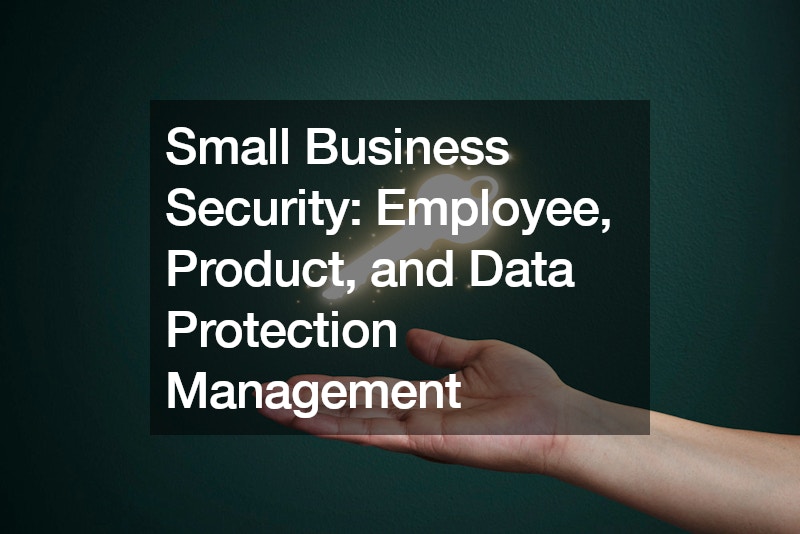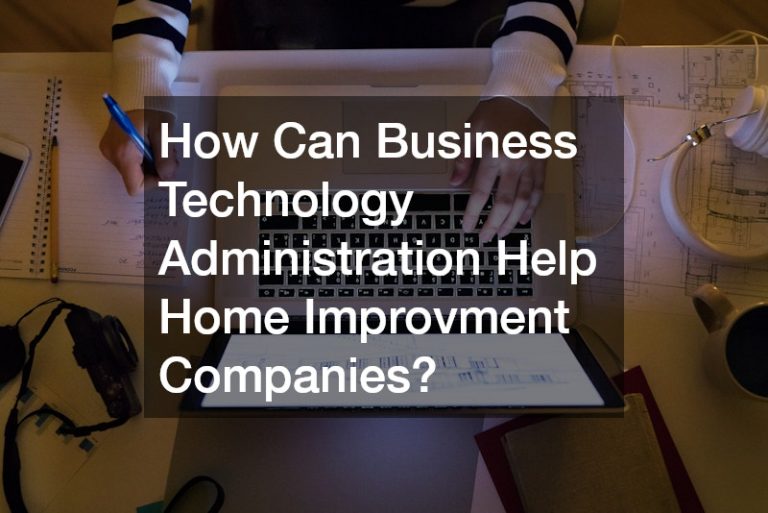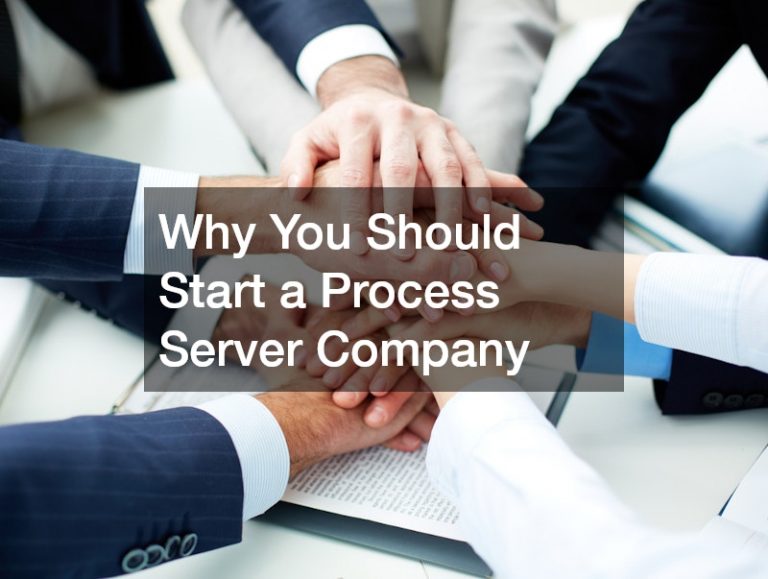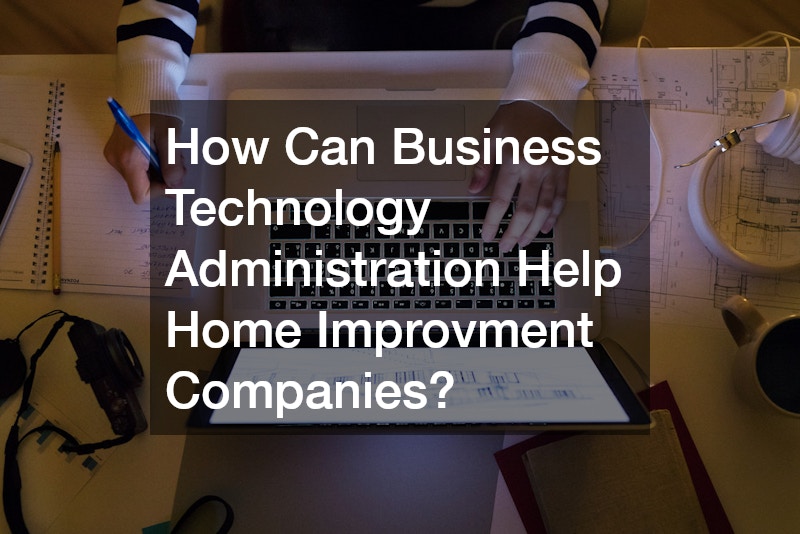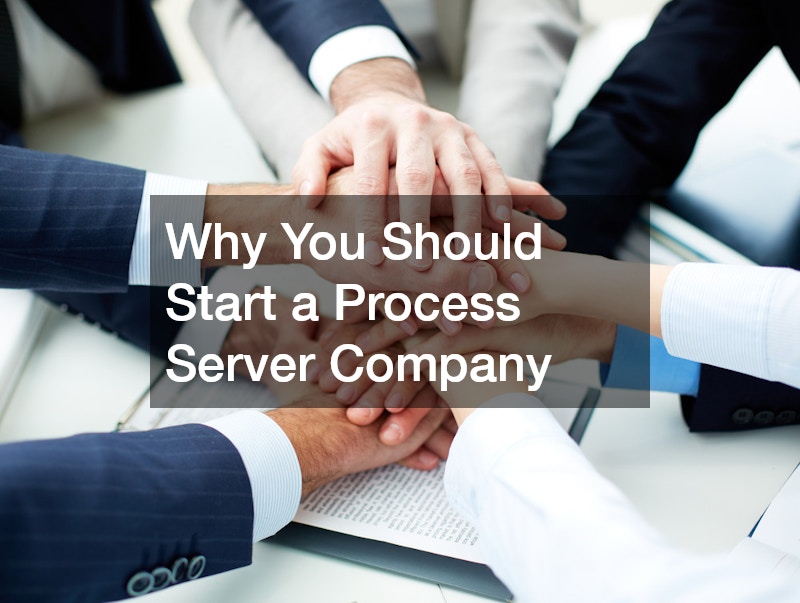Data protection management in today’s business world is super important. This means looking after the physical parts of your business, like what you sell and where you work, plus the important data that keeps your business buzzing. For small businesses that want to do well even when things get tough, setting up business security systems and really good data protection is a must-do. From using high-tech ways to controlling who gets to put in smart camera systems to watch over things, there are many ways to make your business safer. Let’s dive into how to keep your workers, products, and data safe and sound.
1. Understanding Your Needs
Before you jump into data protection management, it’s important to figure out what you need. It doesn’t matter if your place is a big fancy warehouse or just a small office; you have to start by spotting where you’re most at risk. Keeping your business info safe from people who shouldn’t see it is a big deal.
When you check out the security you already have, you’ll see where you can improve, like maybe getting a surveillance camera system or making it tougher for the wrong folks to get in. Using a space management system can help you make the most of where you work and keep it safe, too. When you mix this with your security steps, everything works better together.
Your business info stays safe, and you ensure only the right people can access the important places. Talking to pros who know all about security can make a huge difference. They can help you fix up your place with the right doors, ensure it’s safe from water damage and much more. Getting everything checked by experts means covering all the bases and keeping your business safe from people breaking in or online dangers.

2. Elevating Security with Technology
Let’s discuss how data protection management helps keep your business safe. Consider surveillance cameras. They’ve gone from just taping things to being smart, watching, and figuring things out as they happen. If you mix them into your plan to keep your data safe, you cover all your bases, ensuring your place and information are protected.
Then there are aspects like access control systems, which are important for making sure only the people who should be getting in are getting in. This is great for everywhere, from designer warehouses to where you keep your top-secret files. It’s a solid way to up your security game and stop the wrong folks from getting their hands on things they shouldn’t.
And, you might not think it, but lights—especially in parking lots—matter too. Putting parking lot lighting in place can keep burglars away and help your cameras do their job better. Just by lighting things up, you’re taking a big step in keeping your place and everyone in it safer, along with all your important info.
3. Comprehensive Protection Through Insurance and Physical Measures
Every safety plan is flawed. That’s why there are business insurance companies out there. They give you a backup plan, helping cover the costs if something unexpected happens that risks your business. Adding insurance to your plan for keeping your data safe gives you an extra safety blanket so your business can bounce back if things go south. Utilizing a fencing business matters when trying to keep out folks who shouldn’t be there.
If your business is in a fancy warehouse, putting money into strong fences and investing in commercial door repair can make a big difference in keeping your place secure. These steps do more than just guard your belongings—they help keep all your business info safe by ensuring a solid barrier around your workspace.
People must remember that a waterproofing service is important when considering keeping their business safe. But it’s important to ensure water doesn’t wreck your building, which can cost money and mess up your day-to-day work. When you make waterproofing a part of your security and data safety plan, you’re covering all your bases against many problems that could pop up.

4. Reinforcing Entry Points: Doors and Windows
Ensuring the doors to your business are secure is important for keeping things safe. Fixing the doors ensures they’re strong and keep out anyone who shouldn’t get in. And, when you look after your doors and windows, it helps protect not just the things you can touch but also important info from getting stolen.
Adding secure locks and systems that check who comes in and out gives an extra layer of safety. It lets you pick who can enter, mix up, keep safe in the real world, and keep your data safe. It’s all about being one step ahead to secure everything, from your gadgets to your secrets. Plus, when your place looks secure and well-kept, it tells bad guys you’re serious about security. That sort of signal is powerful. It works in your head just as much as real locks work on your doors, playing a big part in keeping your data and belongings safe.
5. Advanced Surveillance Strategies
Security camera systems have come a long way regarding data protection management. Now, they’re about more than just recording what’s going on. They’ve got cool features like recognizing faces, spot motion, and even sending alerts on the spot. This makes them important for keeping places safe and protecting important info. When you hook up your camera system with other security aspects, like where people can go in a building, it’s like putting together a superhero team for safety.
Everything works together, watching over things and stepping in fast if something sketchy happens. Teamwork is key to keeping your information safe and sound. It’s also really important to ensure everyone working for you understands how crucial these cameras are for safety and keeping information secure. They need to know what to do if they get an alert and how they’re a big part of keeping the system strong. By working together, everyone helps keep the place more secure.

6. Cybersecurity Measures for Comprehensive Protection
In today’s world, keeping online data safe is crucial for data protection management. This means ensuring you have good online security, like strong firewalls, secret codes, and safe internet, to keep the bad guys away from your business’s important details and customer info.
Ensuring your current software is a big deal in staying safe online. These updates fix weak spots that hackers could use to sneak in. Staying on top of this keeps your defenses sharp and ready. And remember to teach your team how to be safe online. Tricks like fake emails can cause big problems. When your team knows what to watch out for and how to handle it, they’re like your superhero team fighting off the bad guys.
7. Safeguarding Sensitive Areas with Access Control
So, let’s chat about keeping your place and info safe, like locking up a treasure chest. Imagine having a special room where all your secret belongings are stored. Now, you wouldn’t want just anyone wandering in there, right? That’s where these fancy keys come into play – think magical cards or even fingerprint gadgets that only let in the people you’re okay with. And here’s a cool trick – mixing these keys with spy cams is like having superhero eyes.
You get to see who’s trying to sneak in and when. This team-up is smart because it ensures you’ll spot it fast if something fishy happens. Now, think about having a secret diary that keeps track of everyone who tries to get in. Checking this diary regularly is like being a detective. You’ll notice if something’s off, like someone trying to snoop around too much. This isn’t just being nosy; it’s about ensuring your fort is as strong as possible, keeping the good aspects in and the bad guys out.
8. Employee Training and Awareness Programs
Teaching employees about keeping things safe is important for data protection management. If we keep showing them the ropes on handling secure info, they’ll get good at spotting and stopping trouble. This way, everyone gets to be part of the team that keeps our business safe. Running practice drills on how to deal with sneaky break-ins or hacker attacks can up their game.
We see where to improve our safety rules by putting them through these tests. It’s like a check-up for our security health. We’re aiming to make everyone in our place think safety-first. Once everyone understands how huge their part is in keeping our info safe, they’ll start doing their bit without even being asked. That team spirit makes us stand out as a fortress in the business world.
9. Leveraging Cloud Solutions for Data Security
Storing things in the cloud is like having a strong safe for your important papers or photos. This safe isn’t just strong—it’s smart. It locks up your aspects tight so only you and those you trust can get in. This means your things are safe and sound even if something bad happens, like a flood or computer crash. It’s a great way to keep your important business info secure.
Picking the right cloud service is a big deal for data protection management. You want to make sure everything is in good hands. The best cloud services have cool keys—like secret handshakes—meaning only you can access your things. They also check everything occasionally to ensure everything is as it should be. They’re like your personal data security team.
And guess what? If something goes wrong, like someone trying to sneak in or a computer breaks, you can get back to business quickly because everything is backed up in the cloud. It’s like having a backup plan for your backup plan. So, using the cloud means you’re making sure your business keeps running smoothly, no matter what. It’s a smart way to take care of everything your business needs to keep going.

10. Proactive Incident Response Planning
Having a plan for when things go wrong is important for data protection management. If you figure out how to spot trouble quickly, stop it, and fix any mess, you’ll bounce back quicker. Plus, your customers and everyone else will still trust you. And, you know, it’s not just a one-person job. You need a team with folks from computers, the legal crew, HR, and other areas all working together.
This way, you tackle the techy aspects when there’s a security oopsie. But don’t just make a plan and forget about it. You’ve got to keep checking it and shaking things up with pretend troubles to see how solid it is. This keeps you one step ahead of any sneaky threats. Keeping your game plan fresh means you’re always ready to face the music and dance through any security challenge.
11. Implementing the Principle of Least Privilege
The principle of least privilege is like a secret sauce for data protection management. It means only letting folks who need to know the things for their work have a peek. This way, we reduce the chances of someone accidentally or purposely spilling the beans. So, how do we make sure we’re keeping it tight? Companies should always check who has the keys to the castle, making sure no one’s holding onto them who shouldn’t be. This means removing access if it’s no longer needed for someone’s job. Throwing in something like multi-factor authentication can beef up security even more, making it tougher for unwanted guests to sneak in.
Final Thoughts
Proper data protection management for your business means you’ve gotta do various things simultaneously. Think about mixing in high-tech gear, like cameras watching over the place and systems controlling who gets in and out. Then, throw in some smart planning for using your space well and keeping your important info safe. It’s not just about locking doors and hoping for the best. You’ve also got to be tech-savvy and team up with insurance folks who’ve got your back. The point here is it’s way better to stop trouble before it starts, ensuring your business stays strong and keeps going no matter what.

